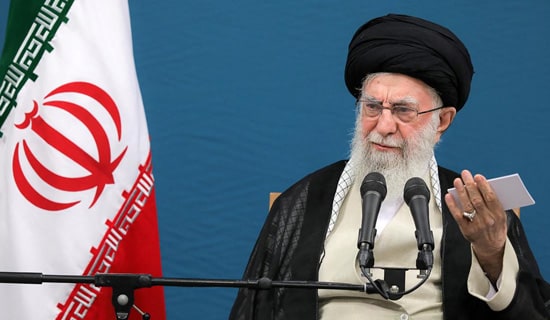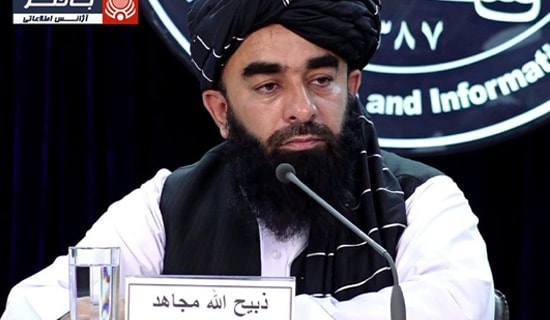In an editorial titled "Power and Prejudice," the Saudi English-language daily Arab News stated that China "cannot be a major player on the international stage and expect immunity from censure."
The following is the editorial, in the original English.[1]
"Absolute Sovereignty... Is a Myth – And Rightfully So, If There Is To Be Any Morality in International Affairs"
"The Chinese government has lashed out at international criticism of its arrest of the outspoken artist Ai Weiwei. The rest of the world has 'no right to interfere' in what is an internal issue, it says.
"There is nothing new about such outbursts. Whenever there is adverse comment about human rights abuses in the country or about Tibet or the subjugation of the Uigars in Xinjiang province, Beijing rushes to pontificate about sovereignty, internal affairs and foreign interference.
"It is shortsighted bombast. The notion of absolute sovereignty, that a government can do what it wants to its own people behind the privacy of its own borders, is a myth – and rightfully so, if there is to be any morality in international affairs.
"If such a notion of sovereignty were to be the golden rule in international affairs, then no one other than the Israelis would have any right to condemn Israel's treatment of its Arab community, no one other than the French has right to criticize French moves to ban the burqa, no one other than the Burmese to criticize Burma's military junta. Pakistanis could not criticize India or vice versa. Only Yemenis could comment on events in Yemen, Somalis on events in Somalia. The violence in Chechnya and elsewhere in the Russian Caucasus would be a private matter for the Russians; no one else would be free to express his concern.
"When People In One Part Of the Globe See Apparent Wrongdoing in Another... They Have Every Right to Condemn, Express Concern, or Merely Ask Questions"
"Fortunately, we do not live in such an amoral world. When people in one part of the globe see apparent wrongdoing in another (and they can at the press of a button), they have every right to condemn, express concern or merely ask questions. Ethics limit sovereignty. Doing so in a very physical form is the International Criminal Court in The Hague, currently hearing cases relating to Uganda, the Democratic Republic of Congo and Sudan, including the indictment of its president, Omar Bashir. It is now also looking into possible charges against Libya's Mu'ammar Qadhafi and members of his regime. In the Sudanese and Libyan cases, neither country referred the cases or even approved the ICC's creation. That shows the limitations on their and any other country's sovereignty.
"That does not mean that sovereignty does not exist. It does. One country cannot go charging into another. But even there sovereignty is far from absolute. There are legal mechanisms to enable military intervention in countries — Libya and Ivory Coast being the most obvious current cases."
China "Cannot Be a Major Player On the International Stage and Expect Immunity From Censure"
"Human rights issues, however, are a different matter. The claim of sovereignty cannot be used to shield governments from criticism or protect guilty parties where human rights are abused, or suspected of being abused.
"Beijing should realize that its perpetual complaints about interference only damage its image. They make it look both arrogant and immature. No other major state acts so pompously in such circumstances. It either ignores the criticism or comes up with meaningless excuses.
"China is now an economic superpower, and increasingly a political and military one as well. Criticism goes with the territory. It cannot be a major player on the international stage and expect immunity from censure."
[1] Arab News (Saudi Arabia), April 7, 2011. The text has been lightly edited for clarity.




